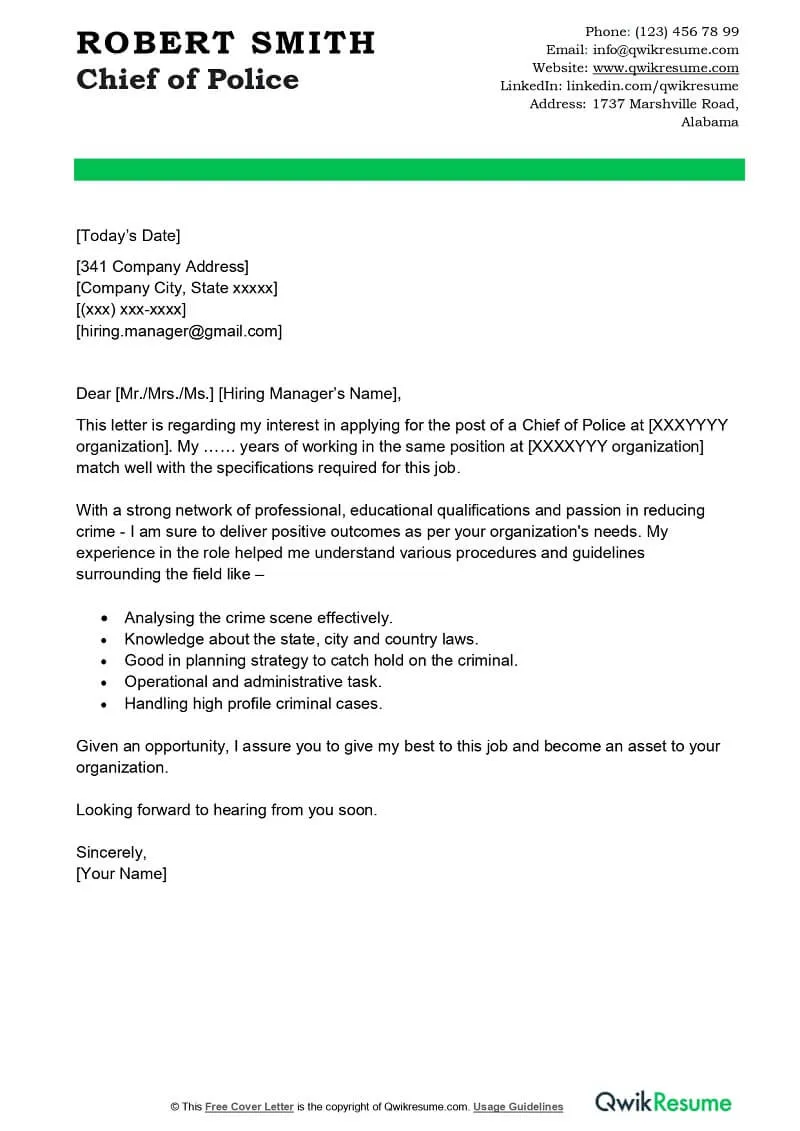Seeking a promotion to Sergeant is a significant step in any police officer’s career. A well-crafted cover letter is crucial in making a strong first impression and demonstrating your suitability for the role. This guide provides a comprehensive overview of how to write a compelling cover letter that highlights your qualifications, experience, and commitment to law enforcement. Following these steps can significantly increase your chances of success in the promotion process.
Understanding the Sergeant Promotion Process
Before you begin writing your cover letter, it’s essential to understand the specific requirements and procedures of your department’s promotion process. Each department has its own criteria, including written exams, performance evaluations, and interviews. Familiarize yourself with these details to tailor your cover letter effectively. Knowing the process allows you to address the specific needs and expectations of the promotion board.
Reviewing the Promotion Criteria
Carefully review the promotion criteria outlined by your department. This typically includes areas such as leadership abilities, knowledge of police procedures, experience in handling various situations, and disciplinary record. Make sure to understand the weight given to each criterion, as this will inform which aspects of your experience to emphasize in your cover letter. Obtain any available scoring rubrics or evaluation guidelines.
Essential Qualifications for Promotion
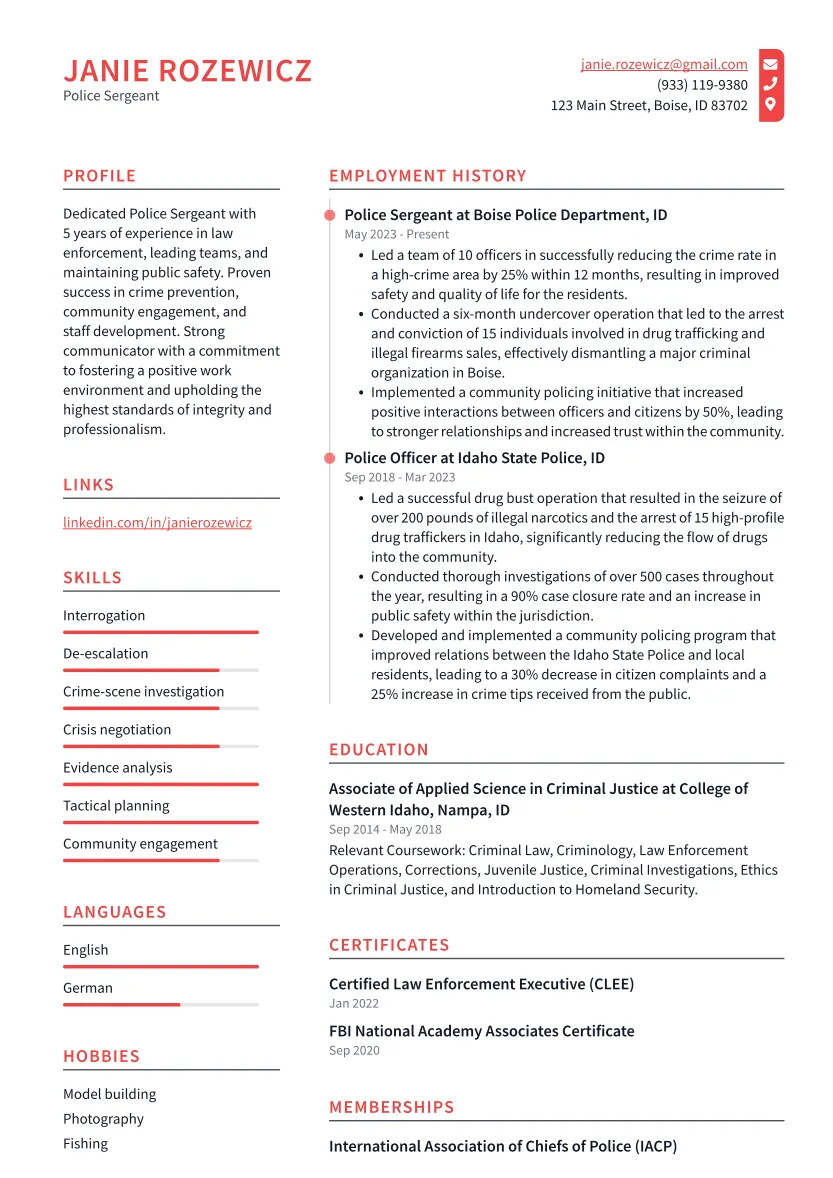
Sergeant promotions often require specific qualifications, such as a certain number of years of service, a clean disciplinary record, successful completion of training courses, and demonstrated leadership skills. Ensure you meet all the minimum requirements and highlight how you exceed them. Emphasize any specialized training or certifications relevant to a sergeant’s duties, such as supervisory training, crisis management, or advanced investigation techniques.
Crafting Your Cover Letter for Promotion
Your cover letter should be a professional document that showcases your qualifications, experience, and suitability for the Sergeant position. It is your opportunity to make a positive first impression and highlight your strengths. Structure your letter clearly, using concise and impactful language. Avoid generic statements and focus on providing specific examples that illustrate your abilities.
Header and Contact Information
Start your cover letter with a professional header that includes your full name, rank, contact information (phone number and email address), and the date. Ensure your contact information is current and professional. Use a clear and readable font, such as Times New Roman or Arial, and maintain consistent formatting throughout the document to create a polished appearance. The header sets the tone for the entire letter.
Addressing the Letter to the Right Person
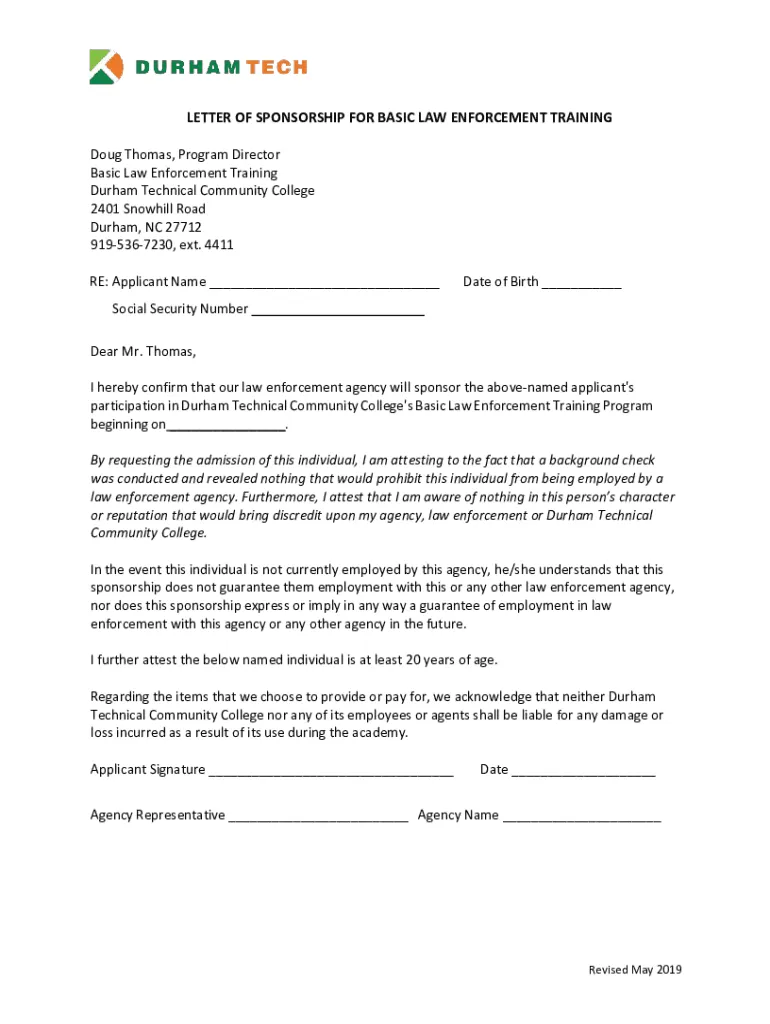
Address your cover letter to the appropriate person or committee responsible for promotions. If possible, find out the name and title of the decision-maker and address the letter to them directly. This shows initiative and attention to detail. If you are unsure, use a formal salutation such as “Dear Promotion Committee” or “Dear Hiring Manager.” Avoid generic greetings such as “To Whom It May Concern.”
Opening with Impact
Begin your cover letter with a strong opening statement that immediately grabs the reader’s attention. State your intention to apply for the Sergeant position and briefly mention why you are an excellent candidate. Highlight your relevant skills or experiences in the first paragraph to capture the reader’s interest. A confident and focused opening sets a positive tone and encourages the reader to continue.
Highlighting Your Achievements
The body of your cover letter should showcase your achievements and demonstrate your qualifications. Use specific examples to illustrate your leadership skills, problem-solving abilities, and knowledge of police procedures. Provide evidence of your success in previous roles and how you have contributed to the department’s goals. Focus on quality over quantity and select achievements that align with the Sergeant position requirements.
Showcasing Leadership Experience
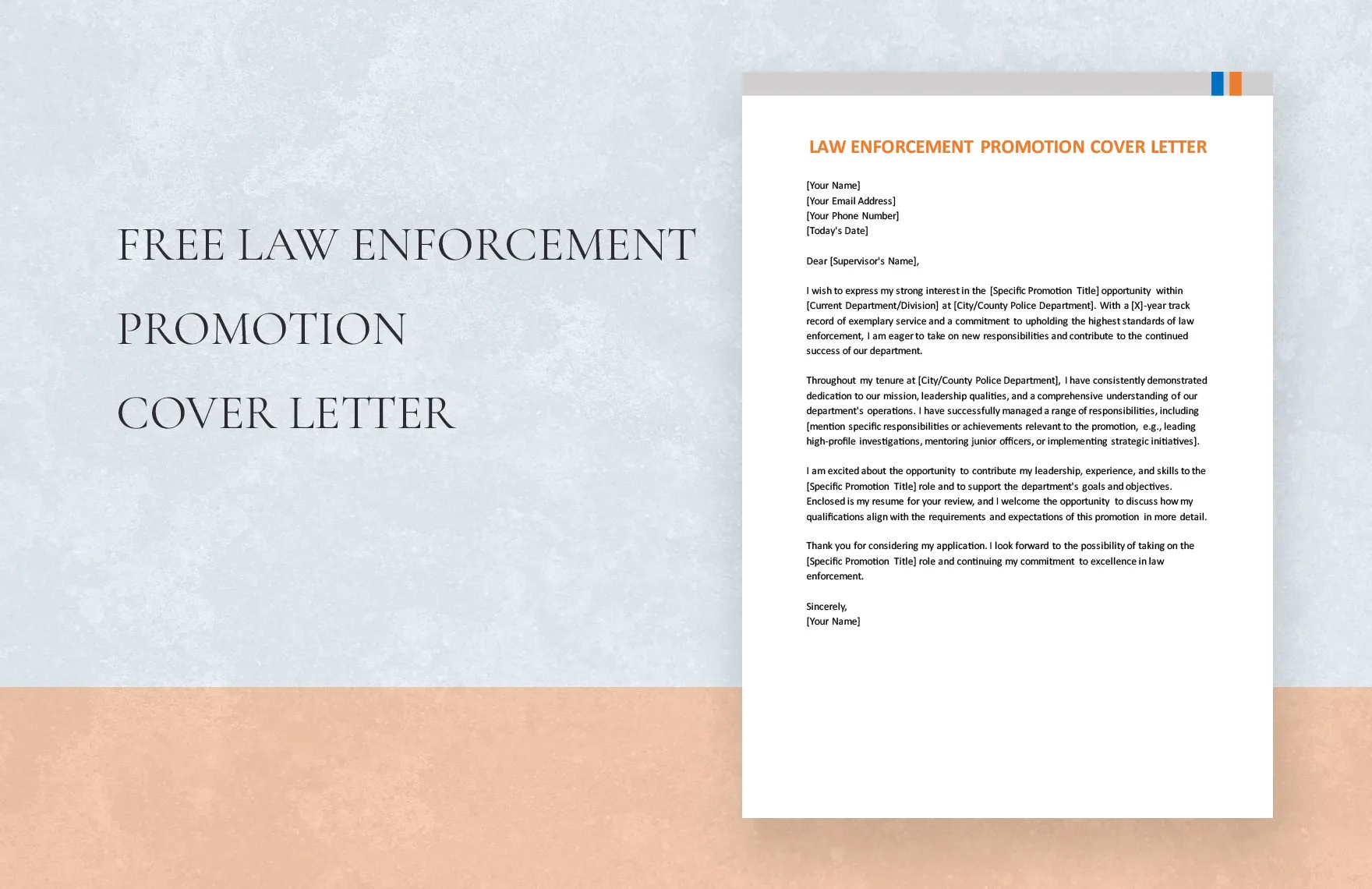
Provide examples of your leadership experience, even if you have not held a formal supervisory role. Describe instances where you have taken initiative, mentored colleagues, or successfully managed complex situations. Highlight your ability to motivate, guide, and support team members. Demonstrate your understanding of leadership principles and your commitment to fostering a positive and productive work environment. Include any training in leadership that you may have completed.
Quantifying Your Accomplishments
Whenever possible, quantify your accomplishments to provide concrete evidence of your success. Use numbers and statistics to demonstrate the impact of your actions. For example, mention how you improved response times, increased arrest rates, or reduced crime in a specific area. Quantifiable results make your achievements more persuasive and demonstrate your ability to achieve measurable outcomes as a Sergeant.
Demonstrating Knowledge of Police Procedures
Showcase your thorough knowledge of police procedures, laws, and regulations. Provide examples of how you have applied this knowledge in your daily work, such as in investigations, patrol, or community engagement. Highlight your understanding of ethical conduct, department policies, and best practices. Mention any specialized training or certifications that enhance your expertise in these areas. Your familiarity with police procedures is critical for a Sergeant’s role.
Addressing Specific Promotion Requirements
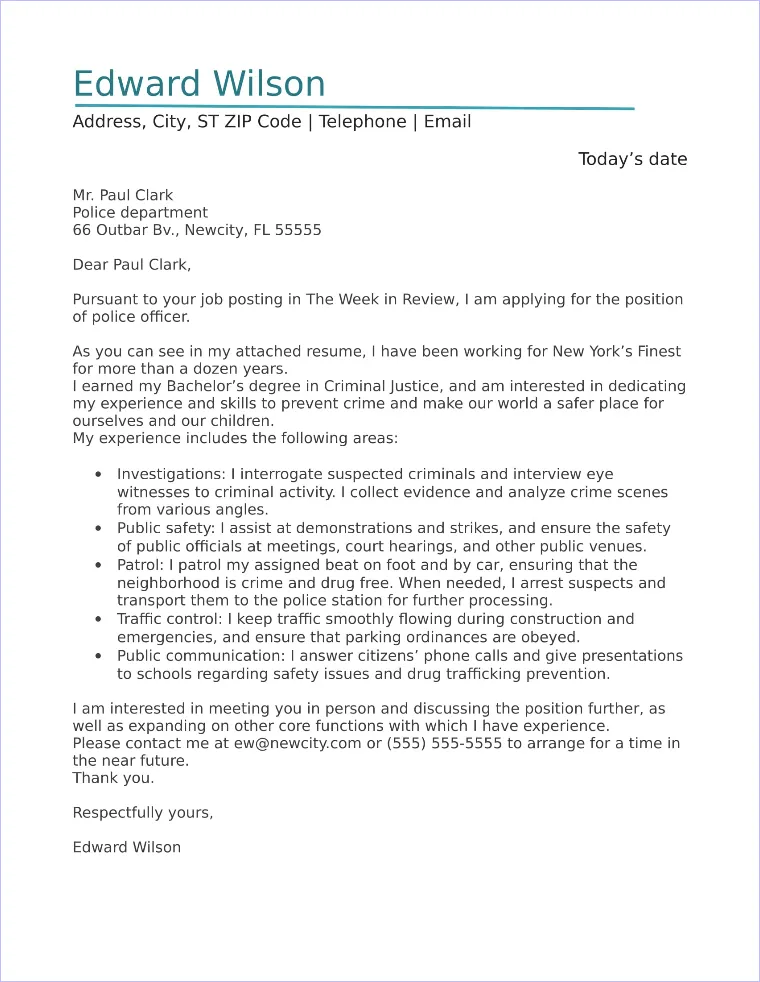
Tailor your cover letter to address the specific requirements and expectations of the Sergeant position. Refer to the job description or promotion guidelines and highlight how your skills and experience align with the stated needs. Provide examples that directly address the criteria outlined in the promotion process. Customize your letter to showcase how you meet the criteria for promotion within your specific department.
Aligning Skills with Department Needs
Identify the specific needs and challenges of your department and explain how your skills and experience can help address them. Discuss any innovative ideas or solutions you can bring to the role of Sergeant. Demonstrate your understanding of the department’s mission and goals. Show how your skills and abilities align with the current objectives. Your ability to contribute to the department’s success will be an important consideration.
Expressing Your Career Goals
Clearly articulate your career goals and explain why you are seeking the Sergeant position. Discuss your aspirations for the future and how you plan to contribute to the department’s long-term success. Show your commitment to the profession and your desire to take on new challenges. Provide a brief overview of your career vision, including your plans for continued professional development. Show that this promotion is a step in your career path.
Emphasizing Community Involvement
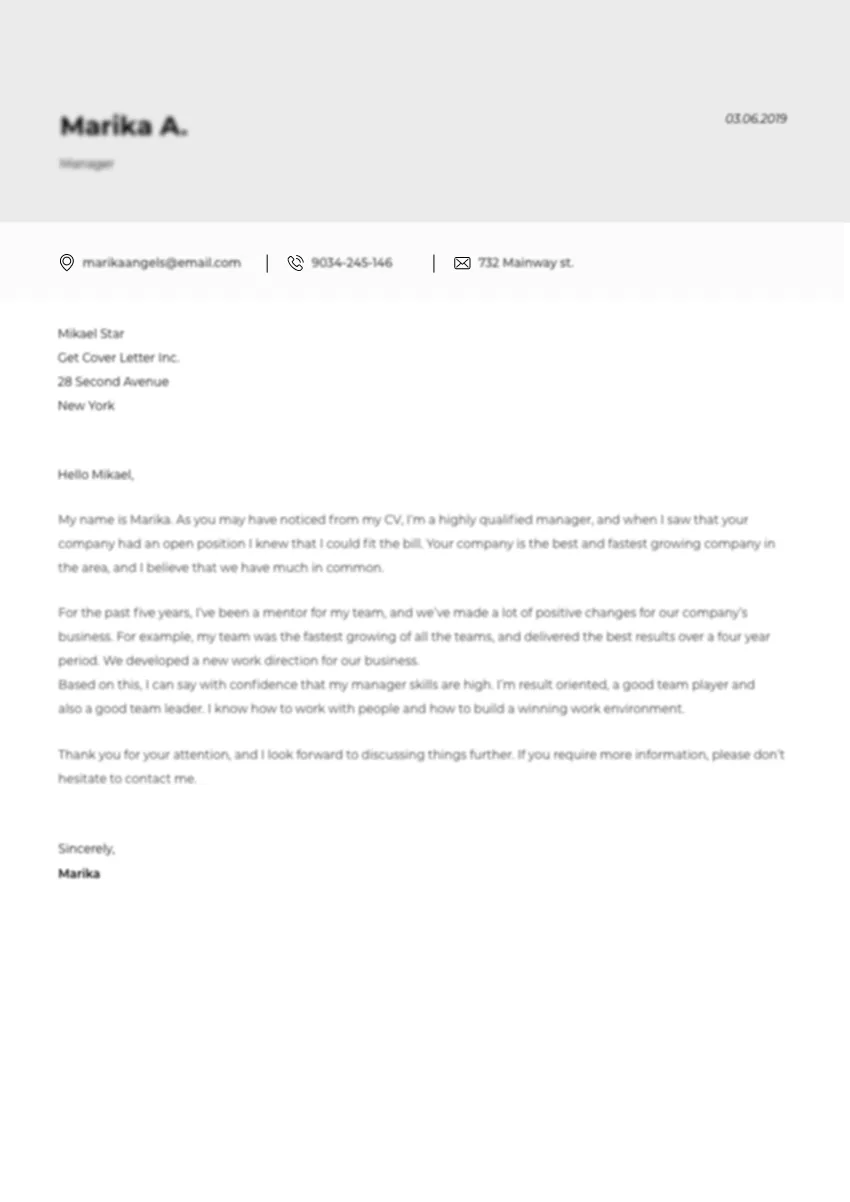
Highlight your involvement in community outreach programs and your ability to build positive relationships with the public. Provide examples of how you have worked to improve community relations and foster trust between the police and the citizens they serve. Showcase any community service initiatives you have participated in. Demonstrate your commitment to making a difference and ensuring the safety and well-being of the community.
Closing the Cover Letter
Conclude your cover letter with a professional closing statement that reinforces your interest in the Sergeant position and expresses your gratitude. Thank the reviewers for their time and consideration. Reiterate your enthusiasm for the opportunity to serve your department in a leadership role. A strong closing leaves a positive lasting impression and reinforces your suitability for the promotion.
Thanking the Reviewers
Express your gratitude to the promotion board for considering your application. Thank them for their time and the opportunity to be considered for the Sergeant position. Acknowledge their efforts and demonstrate your respect for the process. Your expression of thanks is a sign of professionalism and respect.
Reiterating Your Interest
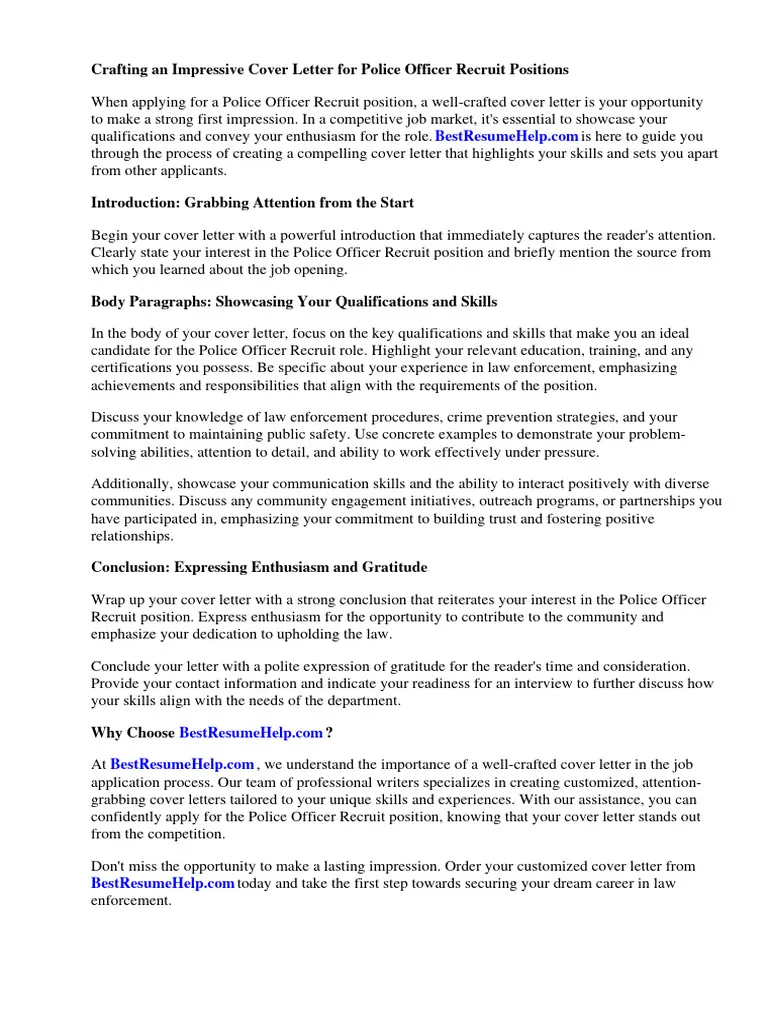
Reiterate your strong interest in the Sergeant position and your commitment to the department. Re-emphasize your qualifications and enthusiasm for the role. Conclude your letter by expressing your eagerness to discuss your application further and your availability for an interview. End with a formal closing, such as “Sincerely” or “Respectfully,” followed by your typed name and signature.
Proofreading and Formatting
Proofread your cover letter carefully to ensure it is free of any grammatical errors or typos. Poor grammar or spelling can detract from your professionalism and undermine your credibility. Have a colleague or mentor review your letter to catch any mistakes you may have missed. Pay attention to formatting to ensure a clean and polished appearance. Your attention to detail is essential for making a positive impression.
Checking for Errors
Thoroughly check your cover letter for any grammatical errors, spelling mistakes, or typos. Use a grammar checker and spell checker to identify potential errors. Read your letter aloud to catch any awkward phrasing or sentence structure issues. Consider having a trusted colleague or mentor review your letter for feedback. Errors can undermine your credibility. Ensure the letter is error-free to demonstrate professionalism.
Formatting Guidelines
Follow standard formatting guidelines to ensure a professional and easy-to-read cover letter. Use a clear and readable font, such as Times New Roman or Arial, with a font size of 11 or 12 points. Use single-spaced lines and leave a space between paragraphs. Use standard margins (1 inch on all sides). Avoid using excessive bolding, italics, or underlining. The appearance of your cover letter contributes to its overall impact.
In conclusion, writing a compelling cover letter is a critical step in the police sergeant promotion process. By understanding the promotion criteria, highlighting your achievements, demonstrating leadership experience, and following the guidelines outlined in this guide, you can significantly increase your chances of success. Your cover letter is your opportunity to make a strong first impression and showcase why you are the best candidate for the job. Good luck in your pursuit of promotion!
